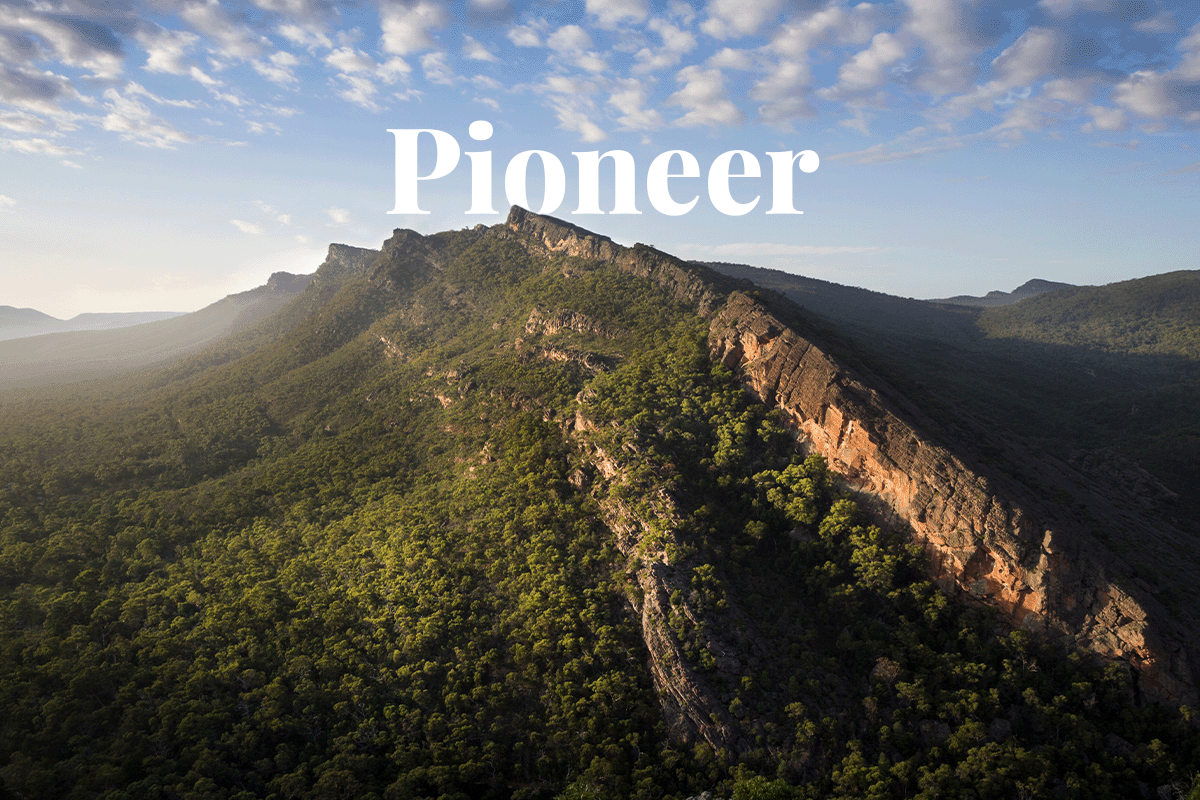Technology-driven plant nutrition company RLF AgTech has been granted approval for its pioneering project, the Hillston Soil Carbon Project, marking the outset of Australia's first soil Australian Carbon Credit Units (ACCU). The Clean Energy Regulator has greenlit the project, which employs RLF AgTech's innovative Accumulating Carbon in Soil System (ACSS) to generate cost-effective soil carbon credits.
 Landscape of Grampians National Park, Victoria, Australia.
Landscape of Grampians National Park, Victoria, Australia.
RLF AgTech's first project in Australia covers a 45-hectare area of irrigated land situated 12 km southeast of Hillston, New South Wales. Its advanced plant nutrition products and proprietary ACSS will be used to build organic soil carbon levels and generate ACCUs. Farmers Luke and Felicity Hutchinson are enthusiastic about the potential additional revenue stream this project can provide, along with the benefits of improved crop and grazing farm business.
The Hillston Soil Carbon Project aims to break records by generating soil carbon credits within one to two years, a much shorter timeframe than the typical four to five years. This could be a game-changer for future soil carbon success, offering significant productivity and financial benefits to Australian growers and agriculture.
Read more: US Agriculture Department invests $300 million to measure carbon capture in agriculture
Ken Hancock, Managing Director of RLF AgTech, expressed excitement for this ambitious challenge, highlighting the potential positive impact on the transition to a net-zero carbon economy. RLF AgTech has appointed independent carbon service consultancy Carbon West to support and manage compliance for their soil carbon pilot programmes.
By leveraging their advanced crop nutrition products and technologies, RLF AgTech's project aligns with the Australian Government's technology-led emissions reduction policy. The potential institutional supply of carbon credits positions them well for the Federal Government's Safeguard Mechanism, with demand expected to reach 40 million ACCUs by 2030.
Read more: How regenerative agriculture is transforming sustainable farming
With its groundbreaking approach and accelerated timeline, RLF AgTech's Hillston Soil Carbon Project represents a pivotal step towards effective soil carbon sequestration and emission reduction initiatives in Australia.
Having collaborated with institutions and organisations worldwide, DGB Group boasts a remarkable portfolio of impactful carbon projects that benefit all stakeholders. This includes landowners, local communities, private enterprises, government agencies, and non-governmental organisations. Our dedicated team of experts is committed to crafting and overseeing carbon projects that generate tangible and lasting results. Through our collective efforts, we strive to create a sustainable future and make a positive impact on the environment. Together, we can safeguard the health of our planet for generations to come.
Be part of the change—contact our experts



